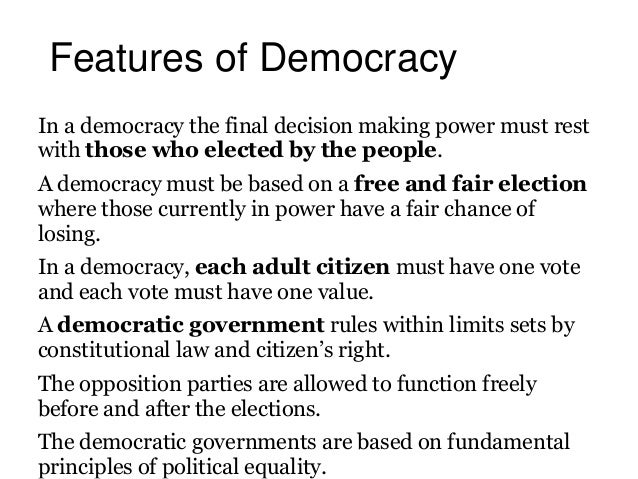
Study 1 covers a range of outcomes assessing how partisan media affects political polarization. Our preregistered hypotheses were divided into two separate studies for analysis.

This evidence on people’s information consumption raises questions about its causal impact, especially among those frequently exposed to partisan sources of news. Scholars have debated the extent to which online news consumers exhibit a preference for politically congenial sources ( 6– 8). These structural changes to the information environment have profound implications for understanding the ways people seek political information and their political behaviors. These dynamics have eroded the power of traditional gatekeepers to set the boundaries of debate, allowing a wider range of perspectives-but also rumors, misinformation, and biased accounts of reality-to flourish ( 3– 5). In removing barriers to access, some have debated whether the internet is a democratizing force that helps to level the playing field for underrepresented perspectives and social movements ( 1, 2). One of the fundamental ways in which this is occurring is by dramatically increasing the availability of information. The combination of experimentation and computational social science techniques illustrates a powerful approach for studying the long-term consequences of exposure to partisan news. Consistent with the minimal-effects tradition, direct consequences of online partisan media are limited, although our findings raise questions about the possibility of subtle, cumulative dynamics.

Still, results from later survey waves suggest that both treatments produce a lasting and meaningful decrease in trust in the mainstream media up to 1 y later. After adjusting for multiple comparisons, however, we find little evidence of a direct impact on opinions or affect. Greater exposure to partisan news can cause immediate but short-lived increases in website visits and knowledge of recent events. Data on ≈ 19 million web visits by respondents indicate that resulting changes in news consumption persisted for at least 8 wk. What role do ideologically extreme media play in the polarization of society? Here we report results from a randomized longitudinal field experiment embedded in a nationally representative online panel survey ( N = 1,037) in which participants were incentivized to change their browser default settings and social media following patterns, boosting the likelihood of encountering news with either a left-leaning (HuffPost) or right-leaning (Fox News) slant during the 2018 US midterm election campaign.


 0 kommentar(er)
0 kommentar(er)
